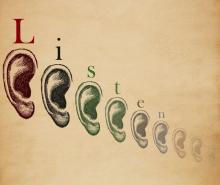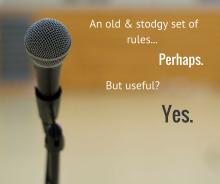Twitter, Instagram, Facebook, Snapchat—there are a plethora of social media platforms used by stay-at-home moms and celebrities, private citizens and elected officials alike to communicate opinions, beliefs, statements, facts, untruths, popular myths, and more. Then we have regular news sources apart from social media including BBC, CNN, Fox News, CBS, MSNBC, The New York Times, The Blaze—an amalgam of news sources with talking heads and op-ed pieces that launch information, news stories, and soundbites endlessly our way.










